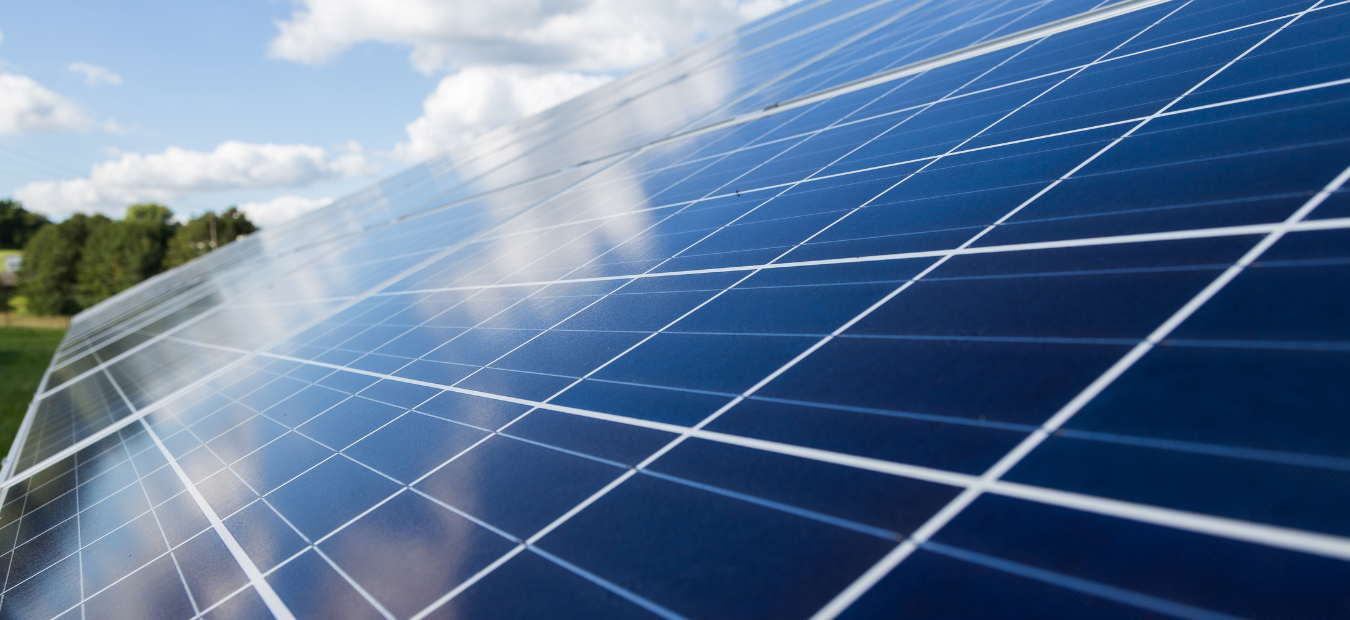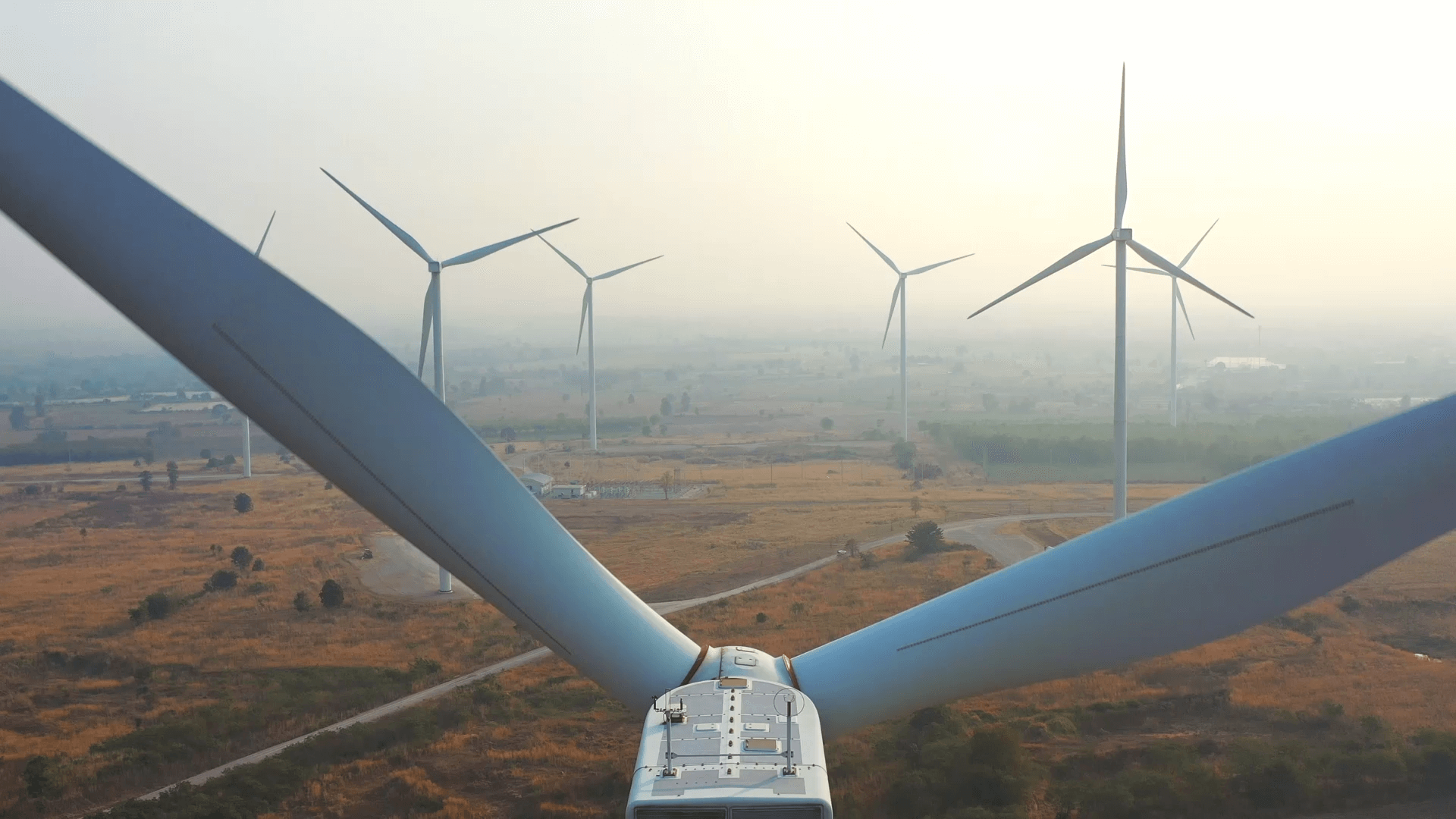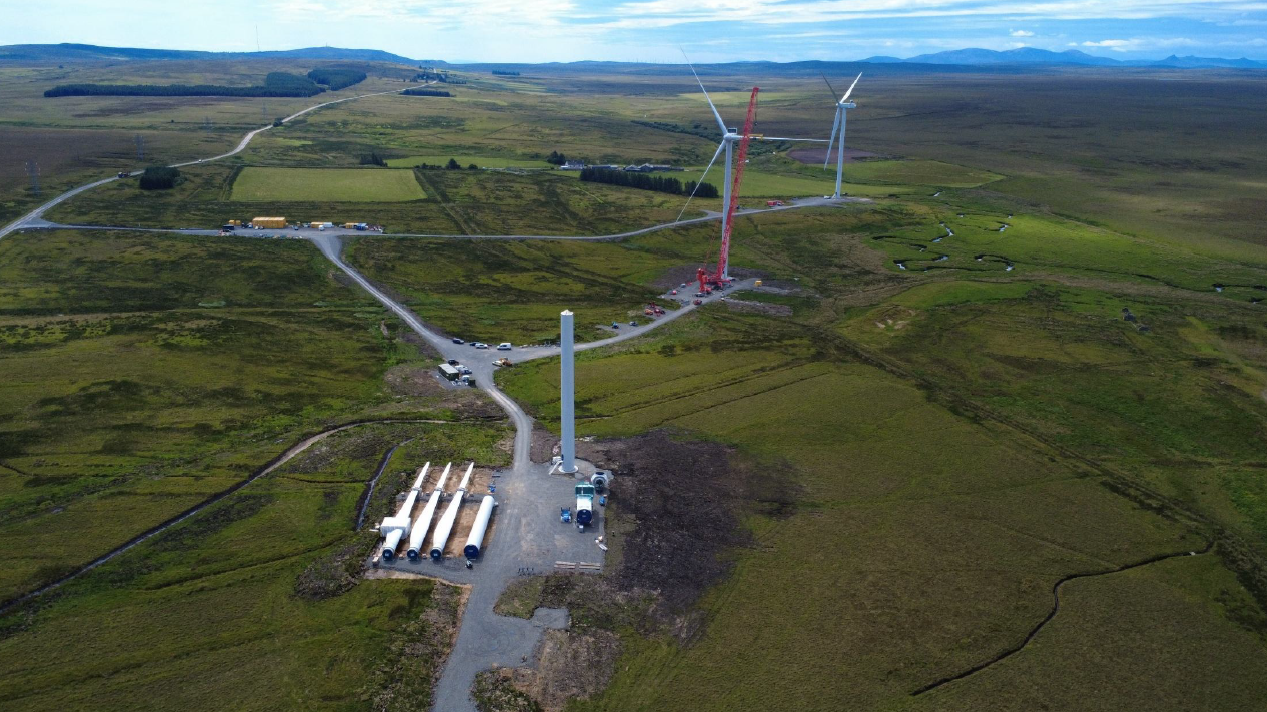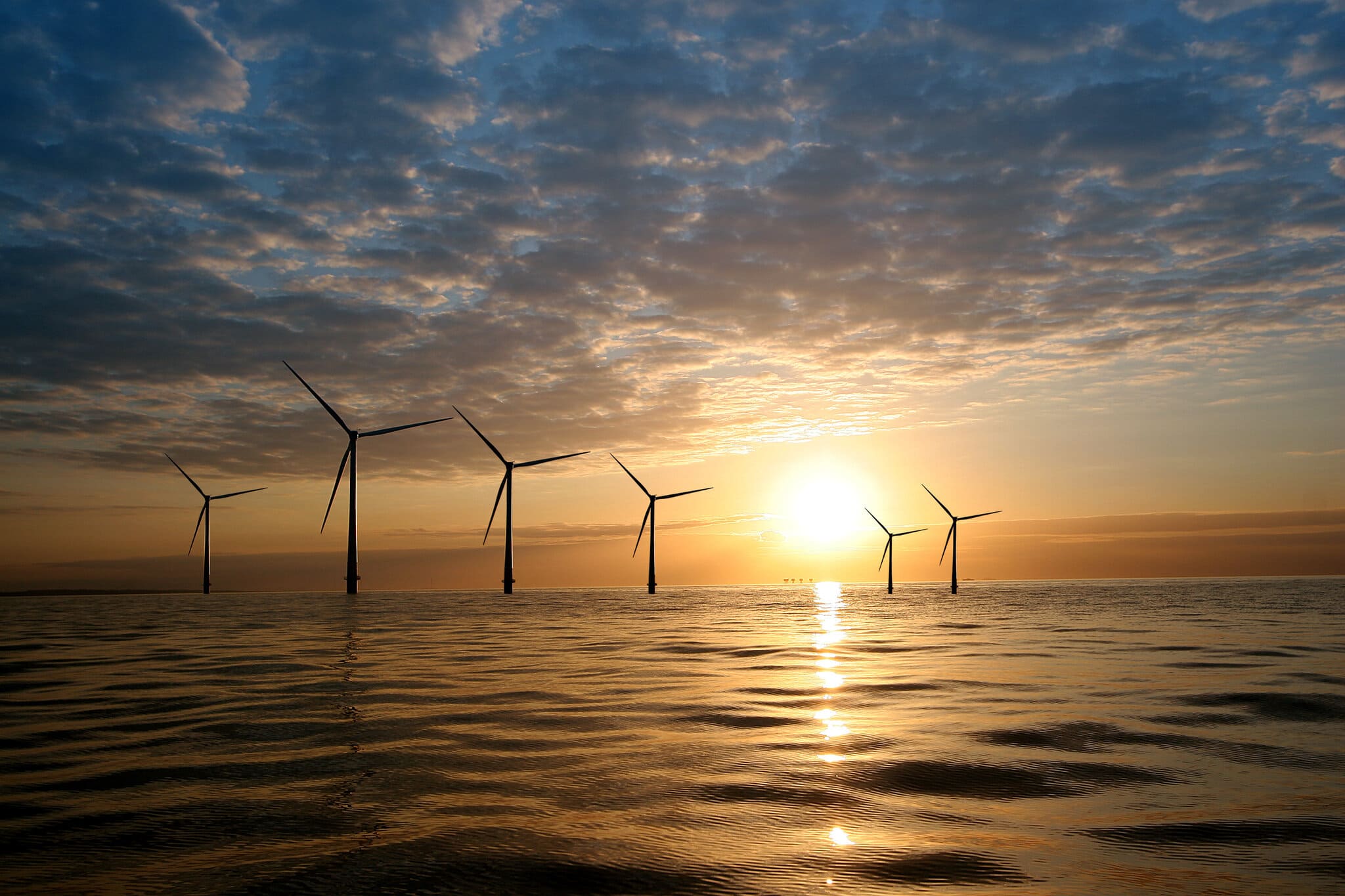Reflections from European Biomethane Week 2025
Vinny Arora, Head of Renewable Fuels Trading, reflects on the key takeaways from European Biomethane Week 2025. He emphasises s the urgency of the FuelEU Maritime initiative and how it’s accelerating the adoption of biomethane as a simple, secure and commercially viable fuel for the decarbonisation of hard-to-abate sectors.

Earlier in October, I attended European Biomethane Week in Brussels. It was an invaluable opportunity to engage with industry peers and policymakers and explore how biomethane is being positioned to support Europe’s energy transition. The event covered a wide range of topics, but for me, the most impactful discussions centred around transport, particularly the maritime sector and the
Exploring biomethane’s role in maritime transport
The FuelEU Maritime initiative is a crucial component of the EU's 'Fit for 55' package. Having launched this year, it hasset increasingly strict limits on ships calling at EU ports; aiming to monitor and drive down the greenhouse gas intensity of the fuel they use. This regulation is essential because it creates a clear policy framework and market demand for the adoption of renewable and low-carbon marine fuels, making it a powerful driver for biomethane.[1]
Biomethane is increasingly being recognised as a practical and scalable solution for decarbonising shipping. It offers immediate emissions reductions and can be deployed using existing infrastructure, which makes it a strong contender for helping the EU meet its climate targets. The sessions highlighted how biomethane can strengthen energy security and boost European competitiveness, especially in hard-to-abate sectors like maritime and heavy transport.
Driving circularity and energy security
Another key theme was the role of biomethane in building a circular economy. The discussions emphasised the importance of using locally sourced feedstocks to produce renewable fuels, reducing reliance on external resources and supporting rural development. This approach not only contributes to sustainability but also creates economic value across the supply chain.
Innovation and transparency in the value chain
Technology and innovation were also front and centre. the industry is moving quickly to improve transparency and environmental performance. Biogenic CO2 utilisation involves capturing the carbon dioxide released during the biogas production process and repurposing it for other uses, such as producing synthetic e-fuels or industrial applications, thereby reducing the overall carbon footprint. Meanwhile, advanced methane emissions detection, using satellite imagery and new sensor technologies, is critical for ensuring the highest levels of supply chain integrity and minimising fugitive emissions.[2] These developments are essential for building trust and ensuring that biomethane continues to meet the highest standards.
Biomethane is a key element in the EU’s plan to secure its energy independence
The second day of the event reinforced the urgency of prioritising biomethane in securing the EU’s energy independence. This message was underpinned by data: the European Commission, through its REPowerEU Plan, has set an ambitious target to ramp up the annual production and use of sustainable biomethane to 35 billion cubic metres (bcm) by 2030.[3] This objective clearly demonstrates biomethane’s huge potential for energy independence and decarbonisation to deliver real-world impact[4]. The rapid scalability of biomethane production makes it a compelling option for delivering significant decarbonisation gains within the current decade.
SmartestEnergy's endorsement of the COP30 industry letter
This clear message from European Biomethane Week, that biomethane is a vital, immediate solution for the energy transition, aligns closely with our recent endorsement of the COP30 Industry Letter.
Katya de Vere Walker, SmartestEnergy's Head of Net Zero Policy & GEM Regulation, shared her perspective on the initiative as we logged our endorsement of the COP30 Letter: "This industry letter is a necessary global signal. We must move beyond niche solutions and set bold, harmonised policy frameworks that recognise sustainable fuels as central pillars of climate action. By advocating for these principles internationally, we ensure a level playing field and accelerate the adoption of fuels like biomethane where they deliver the most credible impact."
The COP30 Industry Letter is a united call from sustainable fuel leaders urging the Brazilian COP Presidency to champion international collaboration and bold commitments to scale up sustainable fuels globally. [5]
We believe this international arena is the right one, climate change is a collective global challenge, and credible Scope 1 emissions reductions require globally aligned standards. Without policy certainty and efficient market design, energy users will struggle to decarbonise.
Katya adds: “We were delighted that the industry appeal was heard and on October 14th Brazil’s Ministry of Foreign Affairs launched the Belém Commitment for Sustainable Fuels—known now as Belém 4x. It is Brazil’s COP30 goal to gain global political support to quadruple the production and use of sustainable fuels by 2035”.
By supporting this letter, SmartestEnergy is advocating for policy certainty and market mechanisms that can accelerate deployment and drive demand. This ultimately enables credible Scope 1 emissions reductions.
Looking ahead
Our endorsement reflects SmartestEnergy’s commitment to shaping a just and effective energy transition. We believe in amplifying the role of sustainable molecules and ensuring businesses have the tools to act on their net zero ambitions.
European Biomethane Week was a timely reminder that biomethane is no longer a niche solution. It is central to Europe’s energy strategy, and its role in transport, industry, and community development is only growing. I left Brussels energised by the progress being made and optimistic about the role SmartestEnergy can play in making sustainable energy choices simple, secure, and commercially viable for businesses.
💡 Explore how SmartestEnergy is helping businesses transition to cleaner fuels: Biomethane and Gas Purchase Agreements | Renewable Natural Gas Trading | SmartestEnergy UK
[1] FuelEU Maritime: a catalyst for bio-LNG market growth and
[2] Biogenic CO2 and accounting concepts - Climatiq API Reference - Automated Carbon Emission Calculations
[3] Biomethane - European Commission
[4] Biomethane - European Commission
[5] COP30 Industry Letter | Molecule Group






